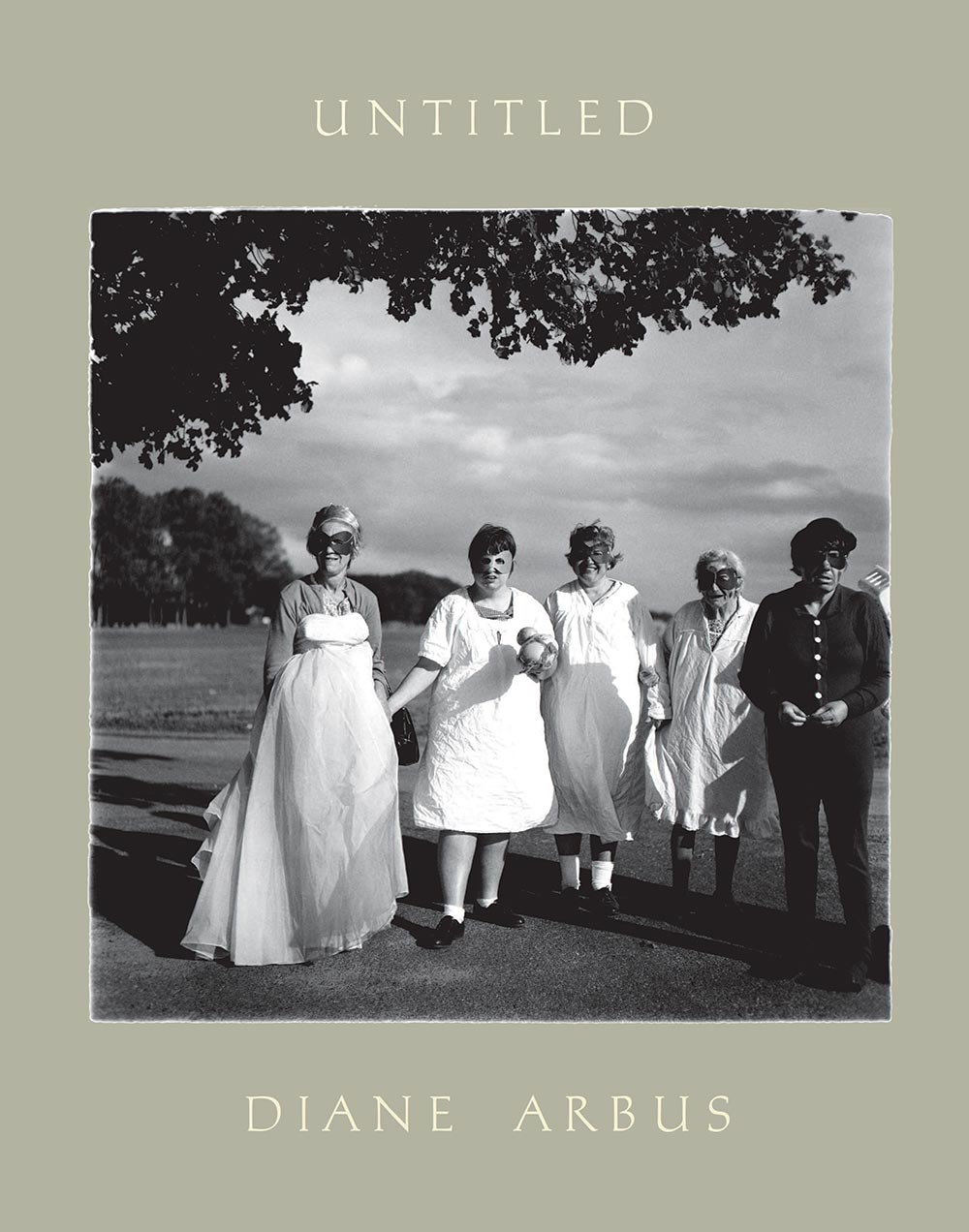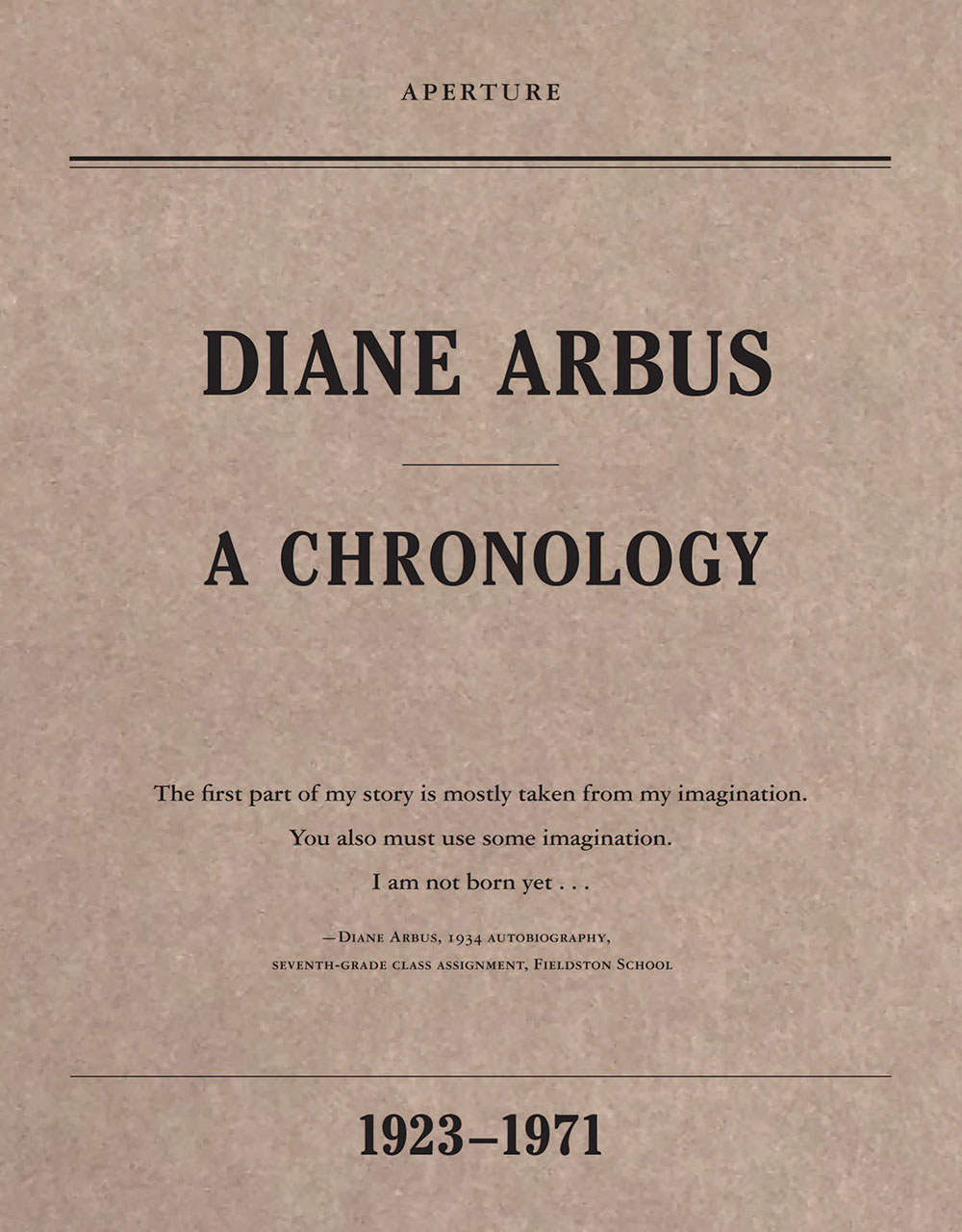Diane Arbus: An Aperture Monograph
Fortieth-anniversary edition
When Diane Arbus died in 1971 at the age of 48, she was already a significant influence—even a legend—among serious photographers, although only a small number of her pictures were widely known. The publication of Diane Arbus: An Aperture Monograph in 1972, and the posthumous retrospective at the Museum of Modern Art, offered the public its first encounter with Arbus’s achievements. The response was unprecedented.
The monograph of eighty photographs was edited and designed by the painter Marvin Israel, Diane Arbus’s friend and colleague, and by her daughter Doon Arbus. Their goal was to remain faithful to the standards by which Arbus judged her own work, and to how she hoped it would be seen. Universally acknowledged as a timeless masterpiece, and translated into five languages, Diane Arbus: An Aperture Monograph remains the foundation of her international reputation.
Nearly fifty years has not diminished the impact of these pictures; they penetrate the psyche with the force of a personal encounter, and transform the way we see the world.
Click here to purchase.
Publisher: Aperture
Artists: Diane Arbus
Publication Date: 2011
Binding: Hardcover
Dimensions: 9 1/4 x 11 in | 23.5 x 27.9 cm
Pages: 184
Reproductions: 80 duotone
ISBN: 9781597111744
Retail: $65 | £45
Status: Available
Diane Arbus
Diane Arbus (1923–1971) is one of the most original and influential photographers of the twentieth century. She studied photography with Berenice Abbott, Alexey Brodovitch, and Lisette Model and had her first published photographs appear in Esquire in 1960. In 1963 and 1966 she was awarded John Simon Guggenheim Fellowships and was one of three photographers whose work was the focus of New Documents, John Szarkowski’s landmark exhibition at the Museum of Modern Art in 1967. Arbus’s depictions of couples, children, female impersonators, nudists, New York City pedestrians, suburban families, circus performers, and celebrities, among others, span the breadth of the postwar American social sphere and constitute a diverse and singularly compelling portrait of humanity.


